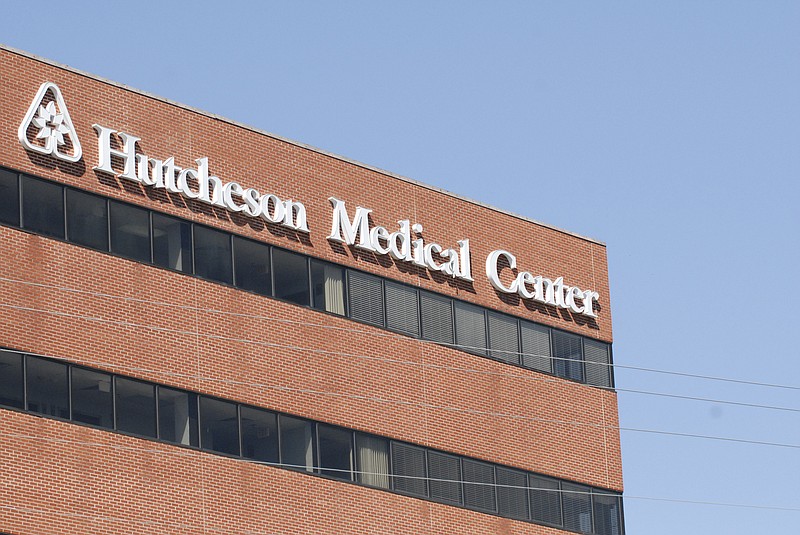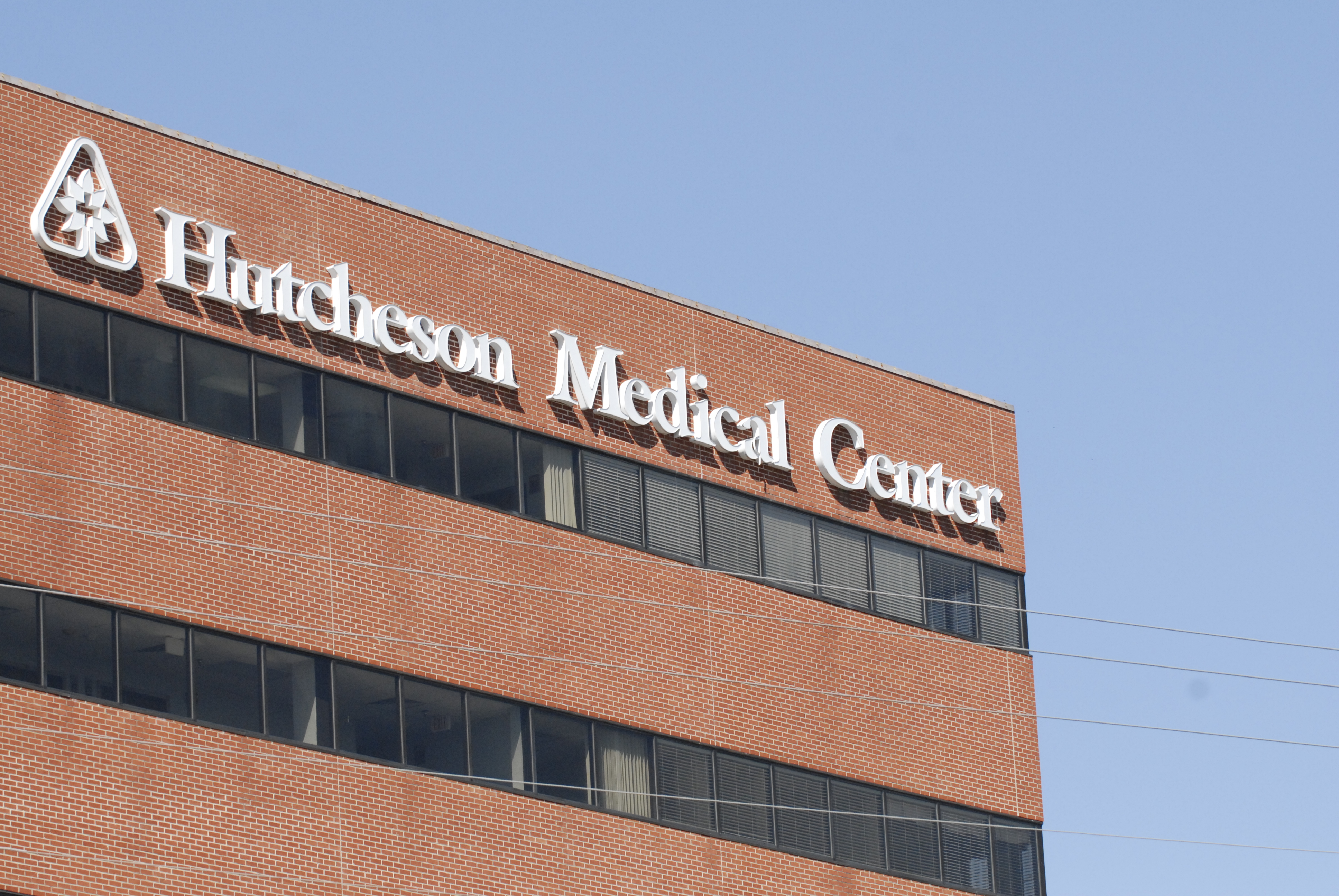A 60-day due diligence period has come and gone and anxiety is growing among Hutcheson Medical Center employees as they await details of a partnership agreement between the Fort Oglethorpe community hospital and Erlanger Health System.
As Hutcheson continues to lose money, the clock is ticking.
"You can't keep losing $1 million a month," said Dr. Steve Perlaky, hospital chief of staff and one of the newest members of Hutcheson's operating board. "The only way to make it survive is to merge services with Erlanger."
Hutcheson lost more than $3 million in the first quarter of the fiscal year that began Oct. 1, 2010, according to a financial report.
Hospital leaders announced Oct. 29 they would begin working with Erlanger in Chattanooga on a partnership agreement aimed at keeping Hutcheson afloat as it deals with dwindling patient volumes and more indigent care.
Even members of the hospital's operating board haven't been privy to Erlanger's draft proposal, which is under review by Hutcheson CEO Charles Stewart and the hospital's legal counsel.
Officials from Hutcheson and Erlanger emphasize that the deal is still on track.
"Hutcheson is going through some difficult times, and there is nothing we can say that will make it all easier," Erlanger President and CEO Jim Brexler said in an e-mailed statement, "but Erlanger is firmly committed to helping them maintain a quality, community-based healthcare system."
Brexler said he could not comment further because of a confidentiality agreement.
Perlaky said he has not seen the proposal but anticipates the agreement will help Hutcheson maintain subspecialty coverage.
"We've been able to maintain the basic subspecialty coverage, but we have holes in such things as surgery and orthopedics, and I'm envisioning all the holes being filled," he said.
Hutcheson's precarious financial situation has unnerved hospital staff and North Georgia community leaders.
Hospital employees are "worried to death they're going to come in and hear, 'Go home, we can't make payroll,'" said Ted Rumley, Dade County executive.
"I want to assure them we're doing everything we can as commissioners to make this happen. Erlanger is ready to go with this thing, and the ball is in the HMC board's lap right now."
Among hospital leadership, signs of strain are evident in the heightened tension between the hospital administration, led by Stewart, and the publicly appointed trustees of the Hospital Authority of Walker, Dade and Catoosa Counties, which owns the hospital.
CONCERN OVER ADMINISTRATION
DOCUMENTSPDF: Read Charles Stewart's complete response to Times Free Press questionsPDF: First quarter FY2011 financialsPDF: FY2010 unaudited financialsPDF: FY2009 unaudited financials
The hospital has 195 acute-care beds but in recent months has averaged only 30 or 40 patients a day, officials said.
Some doctors say Stewart's leadership has pushed away physicians, particularly subspecialists, who have taken their patients with them.
Stewart joined Hutcheson in 2005, and the hospital went from multimillion-dollar losses to earning its first profit in years.
In 2008, the hospital took out a $35 million bond and renovated its lobby and patient rooms.
But after that, the recession and an exodus of physicians sent Hutcheson into a tailspin.
"The feeling is that the hospital administration just believes we're replaceable," said Dr. David Adcock, a plastic surgeon. "That if we're unhappy about something and ... decide not to come there anymore, they'll just find a way to get somebody else to do what we do."
Adcock began practicing at Hutcheson in 2002, but in 2008 he downgraded from "active staff" to "courtesy staff," meaning he treats patients there less often.
Hospital leaders weren't willing to work with him on lessening his on-call monthly obligations, which were hurting his practice, he said.
But Adcock said many doctors remain loyal to the hospital and the North Georgia community.
"The vast majority of doctors I talk to, if things work out, they would still love to work at Hutcheson," he said. "Some of the best nursing care my patients have gotten at any hospital I've ever worked at was there."
Last summer, five primary care doctors who had stopped or reduced their practice at Hutcheson offered to return upon conditions, including a change of leadership, said Dr. David Bosshardt, president of the tri-county North Georgia medical society.
Bosshardt's primary care practice was a huge source of admissions before he joined the Parkridge Health System in 2008.
"We thought [it would] help restore patient confidence and return a number of patients to the hospital if some of the doctors who were no longer admitting patients to Hutcheson could bring their own patients back," he said.
"It would have cost the doctors something to do this, as far as time and presence in their office," Bosshardt said. "But we were willing to do it to be able to try to save Hutcheson, because we realize it to be a benefit to the people of North Georgia."
The Hutcheson Medical Center board did not respond to the offer, he said.
In an interview, HMC board Chairwoman Martha Attaway would not comment directly on the doctors' proposal, but she said the board wants to address these and other concerns.
"We'd certainly love to have patients coming back to the hospital," she said. "Now that we are moving toward the transition period with Erlanger, we have to do a 360 view of everything. ... We have to move forward and be open to the best partnership agreement to ensure quality health care."
Stewart said in an e-mailed statement that a number of factors have made practicing in North Georgia challenging for doctors, driving many of them to Chattanooga hospitals.
"The bottom line is that a stand-alone hospital like Hutcheson cannot effectively compete and have access to the financial resources that the larger hospitals do," he wrote. "I can understand why some of our physicians may have become frustrated and that is why we reached the strategic decision that we should partner with another larger organization who can bring greater financial stability, help recruit specialists that are needed in the community, and build a primary care base that is dedicated to seeing this hospital successful."
HOPE IN ERLANGER
HUTCHESON'S NET INCOME* Fiscal year 2006: Loss of $1.4 million* Fiscal year 2007: Profit of $766,766* Fiscal year 2008: Loss of $467,517* Fiscal year 2009 (unaudited): $7.3 million loss* Fiscal year 2010 (unaudited): $7.1 million lossSource: HMC financial statements
Hutcheson leaders hope a partnership with Erlanger will fill gaps in services and return more doctors and patients to the community hospital.
Dr. David Hall, vice chairman of the Hutcheson Health Foundation board, said Hutcheson will refer complex cases to Erlanger, helping it establish more of a patient base in North Georgia. Erlanger, in turn, would refer those patients back to Hutcheson for follow-up and rehabilitative care.
But Adcock said if a focus on patient transfers is all that comes out of the Erlanger partnership, that won't serve the community well. Erlanger must help the hospital better work with doctors in the area, Adcock said.
"If your focus is on, 'How do we get these people to a tertiary care facility?' and if Erlanger's attitude is, 'We're here to take care of that, but not address [how to make] physicians succeed here,' I don't see that that's going to help any," he said.
Despite the current uncertainty about the hospital's future, Perlaky emphasized that Hutcheson will remain viable and continue to serve North Georgia patients.
"Hutcheson has been there for the community since it started, and we're still there for the community," he said.

